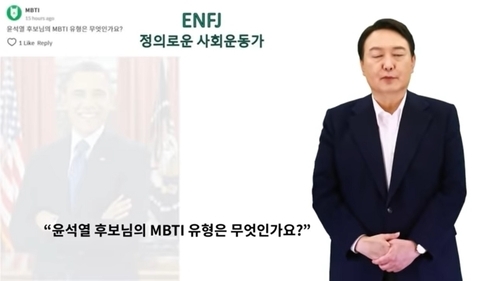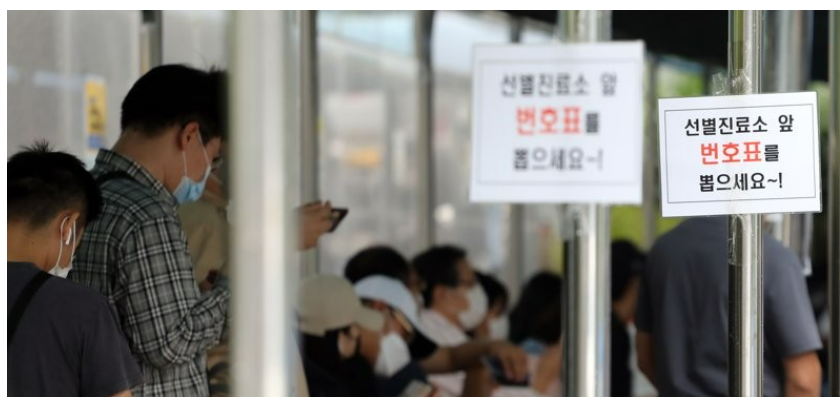If you somehow came out of your teenage years as a fully self-assured adult who always holds your head high, you’re lucky. Even for those of us who were fortunate enough to have great role models, a bunch of uncontrollable factors—including trauma, bullying, and societal expectations—can make it really hard to feel self-assured.
The good news, though, is that “being confident is a learned skill,” Geoffrey Gold, PhD, a clinical psychologist at Therapists of New York, tells SELF. And an important one at that: Believing in yourself won’t necessarily make you an expert at everything or get you whatever you want in life, but it will encourage you to take more risks and seize opportunities (by applying for a great job, perhaps—or leaving a toxic one). Not to mention, you’ll be a lot happier and have healthier relationships when you trust and accept yourself, Dr. Gold adds.
Of course, we can’t just magically convince you that you’re smart enough, attractive enough, good enough if you’ve spent years struggling with self-doubt. So don’t just take it from us: We asked therapists to share a handful of effective ways to start trusting in your capabilities and judgment—and having your own back.
1. Don’t be afraid to mess up.
Confidence isn’t about being faultless and perfect. Instead, it’s more about believing in your ability to grow, adapt, and improve, Adia Gooden, PhD, a clinical psychologist based in Chicago and host of the Unconditionally Worthy podcast, tells SELF.
So rather than pressuring yourself to never mess up (which will only make you more anxious and insecure), a more productive approach is to reframe mistakes as opportunities to evolve: Sure, it sucks that you blew that job interview, but now you know how to prep better for the next one! And fine, that Friday night date was a disaster, but maybe it clarified what you are (and aren’t) looking for in a partner. Ultimately, reaching a place of self-acceptance is about embracing your whole self, Dr. Gooden says—that includes your successes and your slip-ups.
2. Make a list of your weaknesses—and counter each one with a strength.
It’s human nature to fixate on the negatives, according to Dr. Gooden. That’s why it can help to highlight your best assets during a self-doubt spiral. You can start by creating a list of “weaknesses” preventing you from seeing your potential. Then, counter each one with something you’re good at—and how you can use that strength to your advantage.
Let’s say you’re feeling self-conscious about attending a wedding where you only know the bride. A “weakness” in this scenario may look like, “I get really anxious meeting new people,” or “I’m so bad at small talk.” To balance these challenges, consider your positive traits such as, “I’ve been told I’m pretty funny, so maybe I can break the ice with a few jokes.” Or, “I love dancing, which could be a fun way to enjoy the event.” This exercise, Dr. Gold says, is a great way to stop zeroing in on negative self-talk and start seeing yourself more holistically.
3. Stand up to your inner critic with kindness.
Speaking of mean voices in your head…another way to fight back against disparaging thoughts is to reframe them, Dr. Gold says.
“If your inner critic is overstaying its welcome, tap into some self-compassion,” he suggests—thankfully, we have an entire article dedicated to this very topic. Learning to be kind to yourself takes a lot of time and practice, though, so one trick to try in the moment is to write down what your internal bully is saying. This could look like, “My date ghosted me, so I’m never going to find love!” Or, “I look nothing like that Instagram influencer—I must be hideous.”
In your head, these all-consuming worries may seem really legit and factually correct. But when you see them written out, on paper or in your notes app, it’s easier for your brain to recognize that your inner narrative is actually kind of dramatic and unproductive. Let’s consider the above example: Isn’t it silly to assume you’ll never meet someone just because of one bad interaction?
4. Do something you know you’re good at.
Whenever you need a quick reminder that you’re talented, lovable, and awesome, lean into the things you’re great at, Dr. Gooden says—or those that come easily to you. If you know you make killer banana chocolate chip muffins, say, whip up a batch for an instant mood boost. Or if you’ve been told you’re a gifted writer, tap into those skills by crafting a short story or personal essay the next time you feel inadequate. “You can also do hobbies that you simply authentically enjoy,” Dr. Gold adds, whether or not you’re amazing at them. Even if you’re not a speedy track star, for instance, but you love a morning jog, lace up your favorite sneakers and hit the pavement.
It’s natural to second-guess yourself after trying something new, like attending a rigorous spin class as a beginner, say, or attempting to paint for the first time and the result is…blah. And while sucking at first can be worth it in the end—sorry, but you’ll probably be bad at a new hobby before getting good—engaging in familiar activities that provide a sense of accomplishment or joy can reassure you when you’re feeling insecure, Dr. Gooden says.
5. Watch your body language.
Little adjustments to the way you sit, stand, or talk can make you look more confident—and maybe trick you into believing that you truly are. Of course, this isn’t a long-term solution, “but sometimes the acting part can help to facilitate the feeling part, and convince others around you, and yourself, that you’ve got it together” Dr. Gold adds.
So as you’re working toward feeling more confident overall, try this: Let your arms hang naturally while you’re standing at that party, say, rather than crossing them (which may make you appear closed off). Don’t slouch in your seat during that important coffee chat: Sit up tall and place your hands together lightly in front of you. Dr. Gold also recommends speaking a little slower: That way, “what you’re saying sounds intentional and thoughtful,” she says. You’ll instantly feel—and look—like you’re owning the moment.
6. Face your small fears first.
Maybe you’ve always dreamed of starting a YouTube channel or beauty blog—but you’re worried that no one will click. Perhaps you’re hesitating to approach a cutie at the bar because, well, what if they laugh in your face???
Instead of letting your insecurities control your life, both experts say it’s important to confront them head-on—but gradually. “Facing lower-stakes fears and overcoming them can be a powerful way to improve your self-esteem and inspire you to believe in yourself,” Dr. Gooden says. This might mean recording a short video—or writing a quick post—and sharing it with your close friends only. Or shooting your shot by DMing a Hinge match before making a move with a hot stranger IRL.
It can also help to recall all the times you started as a beginner and gradually improved, Dr. Gold suggests. For example, remember when you were a total novice runner and now you’re logging double-digit miles every week? And don’t forget how nervous you were to apply to that job you “weren’t qualified for”—and then you made it to a second-round interview!
Each time you achieve (or reflect) on a small win, you’re building a track record that proves (to yourself) that you are indeed capable and resilient—even on those days when you really, truly doubt it.
Related:
- How to Actually Forgive Yourself
- 5 Little Ways to Practice Setting Boundaries If You’re a Recovering People Pleaser
- This Is Your Sign to Finally Get Rid of Your “One Day When I’m Thinner” Clothes
Get more of SELF’s great mental health advice delivered right to your inbox—for free.
Note: This article have been indexed to our site. We do not claim legitimacy, ownership or copyright of any of the content above. To see the article at original source Click Here













